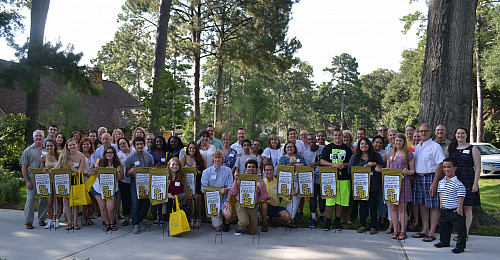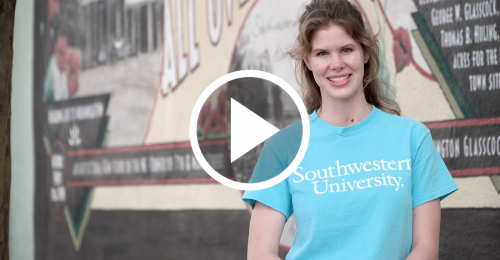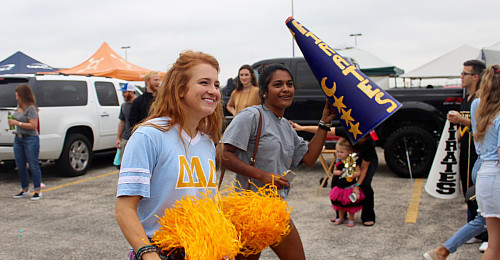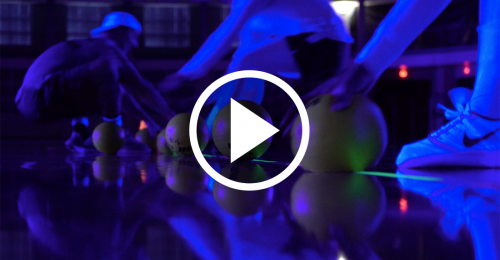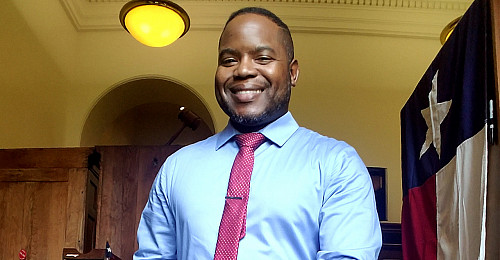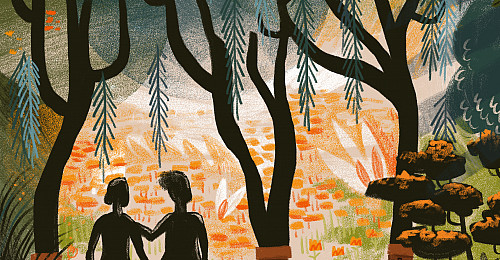History
When Life Gives You Opportunities, Use Them to Develop Skillsets!
March 30, 2021
March 30, 2021
Open gallery
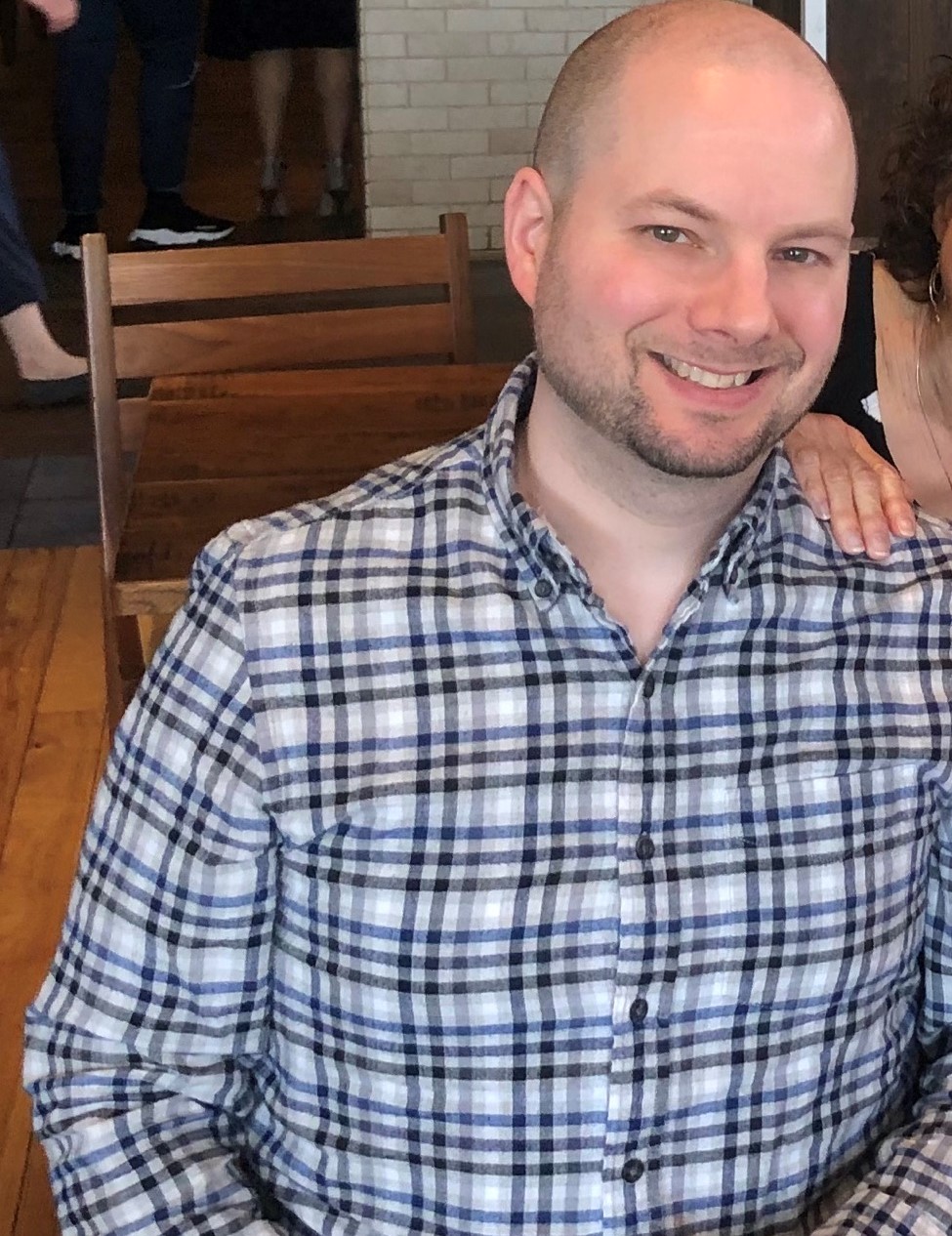
“In no way could I have ever written this down on a piece of paper back in 2000 and say, ‘This is obviously what I’m going to do!’”
During the fall semester of 2020, I participated in Southwestern University’s Alumni Network Mentoring Program. The program paired me with a different SU Alum every month based on what subjects and experiences interest me. This was how I initially met Randall Williams, an SU Alum who graduated in 2000 with a history major and economics minor. He talked to me about his journey after SU and how important it is to develop and articulate one’s skill sets. Not too long after this connection, I realized that Randall’s story was so helpful to hear that other students at SU just had to hear it as well.
On behalf of the SU History Department, I reached out to Randall for an interview and pieced together his fascinating journey for others to see. So here is his story, how an SU History Alum was able to market himself into his current position as lead information manager at the Board of Governors of the Federal Reserve System.
“Hey congratulations, I hear you’re graduating… that’s wonderful! I have a job at the warehouse if you want it.”
These were the words that woke Randall up to the realities of the job market during his senior year. Like most students, he went to university with an expectation that it would give him access to unique job opportunities. Why had he spent four years investing in himself as a student if he immediately gets a job that did not require that investment? Well not too long after this, he decided to try marketing but after some door-to-door sales he realized that the job was just not for him.
So, the job searching wasn’t going well after his senior year in 2000. Indeed, some economic history buffs may recall that the Dot-Com Bubble of the year 2000 was not an ideal time to look for tech jobs down in Austin. It was a tough year for Randall but it brought him many lessons, chief among which was that it got him “thinking about skill sets and not job titles.”
To Randall, this was a crucial change in perspective because it got him reflecting on his own skills: what can he do with them?; how can he develop them?; and what type of work would they match with? He admits that this approach to job searching is more difficult compared to simply searching for job or position titles. But as his story will exemplify, though finding the right match for your skill sets can be a difficult and long process, “it is much more satisfying when you find those positions because those are the ones where you’ll just read it and they’ll click.”
Through this approach, our young Alum found himself doing something he was initially interested in, teaching. He entered Teach For America and taught 5th, 6th, and 7th graders for five years! Things were looking better but at the same time, Randall recalls being worried about what teaching would mean for him. By going into teaching, was he abandoning any opportunities to find other unique positions in the job market? After a while however, he did not see the decision to teach as an end-all-be-all to finding his career path. “No, this is going to be really, really hard. It is just going to be a different way to go.” He held firmly in his mind that with the teaching experience, he would develop different skills and eventually market them towards another interest of his, getting a masters in museums studies.
Okay, now you may be getting a bit confused trying to draw the journey our young Alum took to joining the Federal Reserve. But trust me, the museum studies was a key part of the journey and will highlight the effectiveness of thinking about transferable skills.
To understand this transition, we must go back to when Randall was still a student at SU and was taking a course on public history. His professor brought in a visitor who was then working on the Texas history museum down in Austin. She talked about how her team works on compiling the information that would be displayed on the exhibit. Randall recalled this as an amazing experience because it was the moment he finally realized that “there were more ways to use a history degree than just ‘I’m going to go write a book, or I’m going to get a PhD… or teach!’”
Fast forward some years, Randall entered a masters program and graduated in 2007 with a masters in museums studies. And once again, he found himself thrown into a less-than-adequate job market (the Great Recession 2007-08) and as just another college graduate. He knew that if he wanted to work at a museum, he would have to spend more time identifying and developing the skills desired by museums. It was here that he found an opportunity to do so in a 6-month contract with the Federal Reserve. The contract would have him “digitize” different historical documents so that their contents become text searchable for economic historical research. Did you notice that nowhere in this paragraph is a job title? Once again, Randall was focused on what skills he would be using and why he would want to use them. In his own words:
“The reason why I took that particular contract was actually because, what they wanted me to do in scanning up all those documents, and building this database, and doing this cataloging … getting all the metadata on the files: this is exactly what museums wanted. They all just had paper files, and they wanted people, again, who had skills who can help take them into the 21st century of getting their stuff into databases. So, this was just going to be practical, hands on experience that I can immediately turn around and use to get a better job at a museum. Because again, coming out of a masters program, I am now low skill labor just at a different level because I’ve got a masters but it’s not like I’ve been spending the last 5 years working at a museum.”
But what started out as a perfect opportunity to gain the skills needed to work at a museum, “turned into a year-long contract, turned into an 18-month contract, and then turned into a permanent position.” Randall has been working at the Federal Reserve ever since!
“The first part IS recognizing what are those skills. So, for example, when I had to go get a job after I’ve spent 2 years in grad school, and the previous 5 years teaching 5th graders, 6th graders and 7th graders…. most people are going to say, ‘Your five years of professional experience was with bratty 6th graders and 7th graders… how does that translate to working at the Federal Reserve?!’ So I’ve had to spend a lot of time, before I went and had any conversations with people, thinking, ‘Ok, well what did I do?’”
Randall’s story is an interesting one that has a lot of takeaways, not just for history students but also any student graduating into a hectic job market. His story highlights how one does not necessarily have to take a specific class or work a specific title to find an opportunity in a specific career. Instead, looking inward and reflecting on one’s skill sets can go a long way. What you get from different work experiences eventually reflects how much you invest in yourself “because every bit better that you get, and smarter, and new skills you acquire, is something you bring to the table.”
Additionally, Randall’s story is perhaps most relevant to students today as many of them graduate into the job market during a pandemic. It has become much more difficult for students to find the jobs they aimed for. Therefore, being aware of how to acquire and transfer skill sets becomes crucial; mindfully reflecting on these skills and marketing them towards the path that interests us becomes the key to success.
Finally, beyond discussing how to navigate life after SU, it is important that we remain mindful about how we spend our day-to-day lives. So, one final quote from Randall:
“So on (the employment) side of things, that’s it. The other thing I would say is, go get a hobby. Have something fun in your life that you do for you.”

